L’Opium et le Bâton
L’Opium et le Bâton is a 1971 Algerian war drama directed by Ahmed Rachedi, based on the novel of the same name by Mouloud Mammeri. The film is a powerful depiction of Algeria’s struggle for independence from French colonial rule, focusing on the resilience of a small village that becomes a battleground between freedom fighters and the French army.
Plot Summary
Set during the Algerian War of Independence (1954–1962), the story revolves around Dr. Bachir (played by Sid Ali Kouiret), who returns to his home village in Kabylia and finds himself caught between his duty as a doctor and the necessity to support the nationalist resistance. The French army attempts to suppress the rebellion by using psychological tactics, including drugs (symbolized by opium) and violence (the baton), to weaken the people’s spirit. The village ultimately unites against the oppressors, demonstrating the collective sacrifice for freedom.
Review
L’Opium et le Bâton is a gripping and emotionally charged war film that authentically portrays the brutality of colonial oppression and the unbreakable spirit of Algerian resistance. The cinematography by Allel Yahiaoui captures the raw beauty of the Algerian landscape while juxtaposing it against the horrors of war. Sid Ali Kouiret delivers a standout performance as Dr. Bachir, a man torn between professional ethics and patriotic duty.
The film’s title itself is symbolic—“opium” represents the psychological warfare and manipulation used by the French, while “the baton” signifies physical oppression. This duality is central to the narrative, showing how colonizers sought to subdue the revolution through both coercion and force.
One of the film’s strengths is its ability to blend historical realism with deep human emotions, making it more than just a war movie. The presence of Jean-Louis Trintignant, a well-known French actor, adds an interesting dimension, as he represents the colonial mindset. Marie-José Nat also delivers a compelling performance as Farroudja, a strong female character who embodies the resilience of Algerian women in the struggle.
Conclusion
A landmark in Algerian cinema, L’Opium et le Bâton remains a must-watch for those interested in anti-colonial struggles, historical dramas, and war cinema. Its gripping storytelling, strong performances, and symbolic depth make it one of the most significant films to emerge from post-independence Algeria.


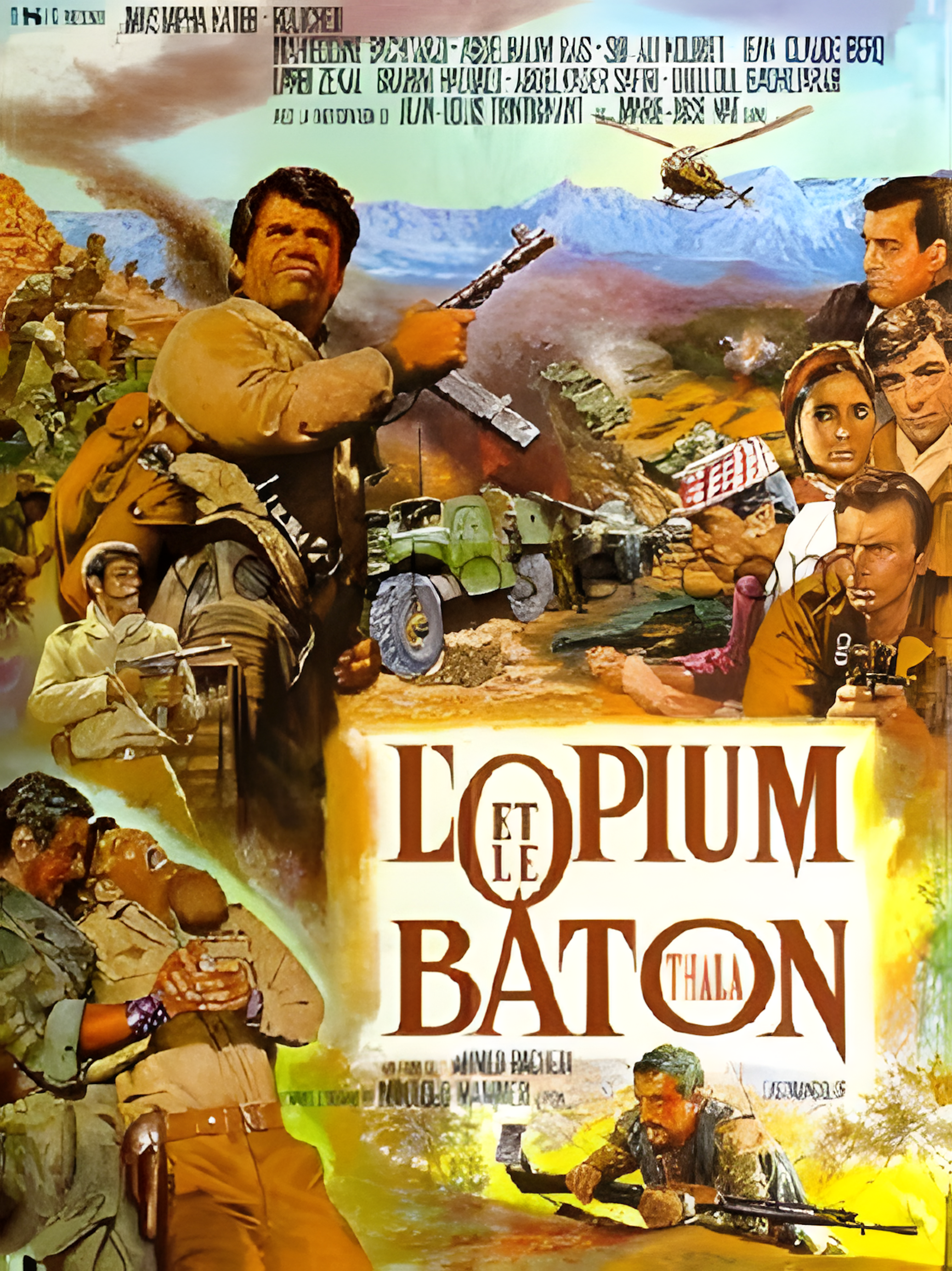


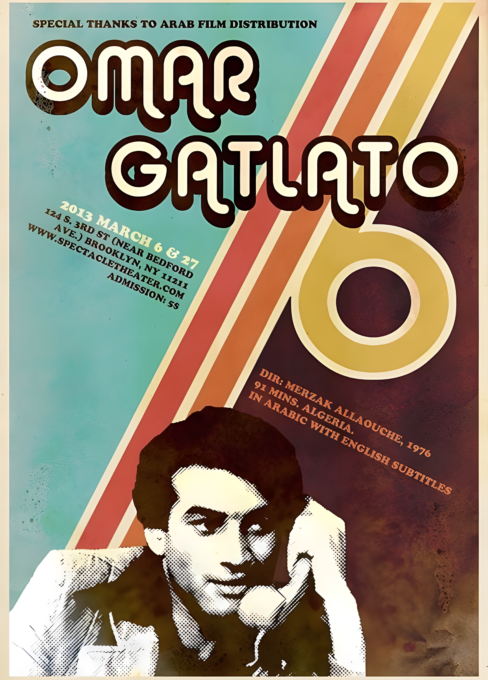


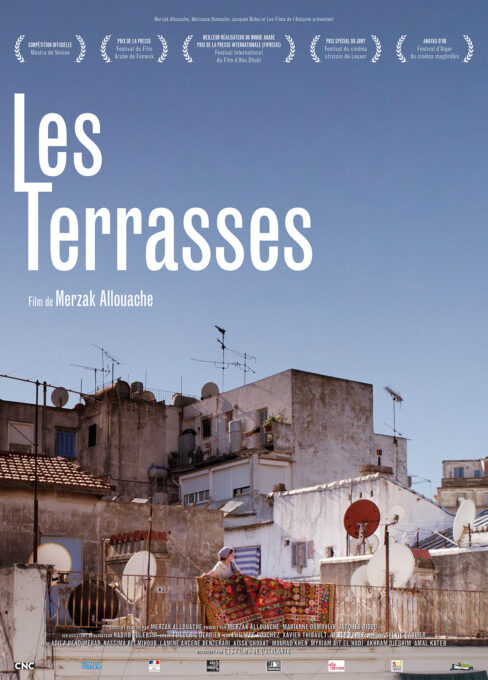
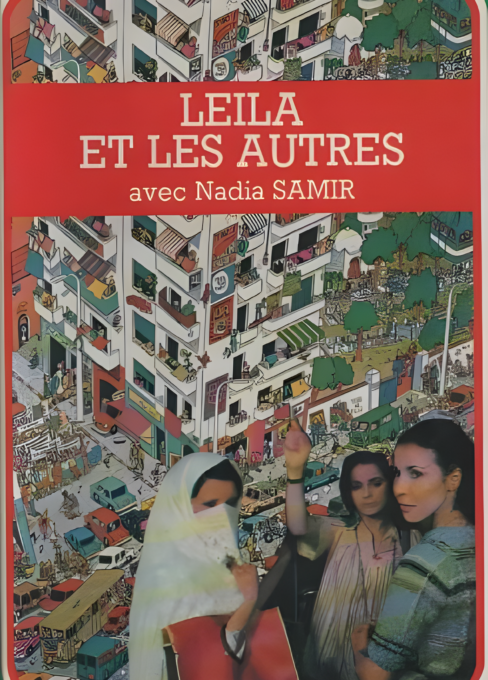
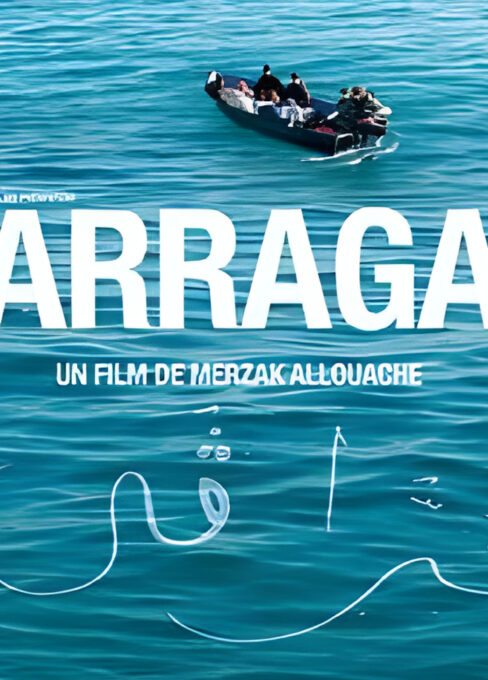
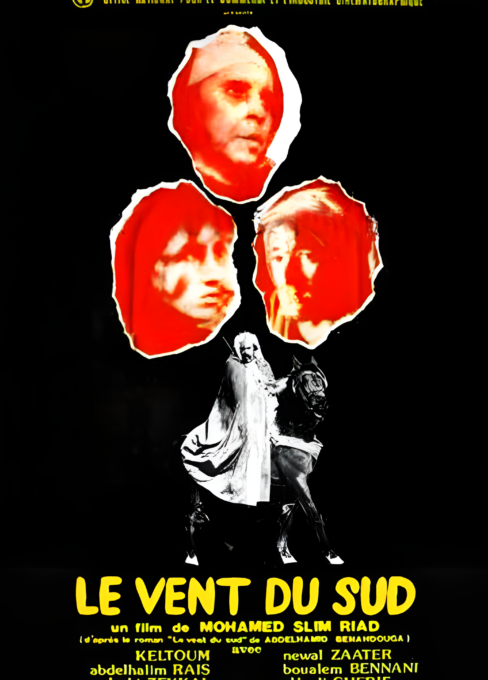
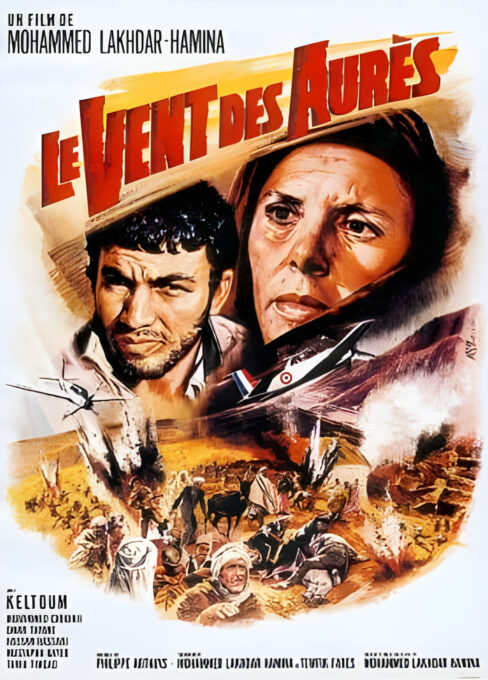
There are no reviews yet.